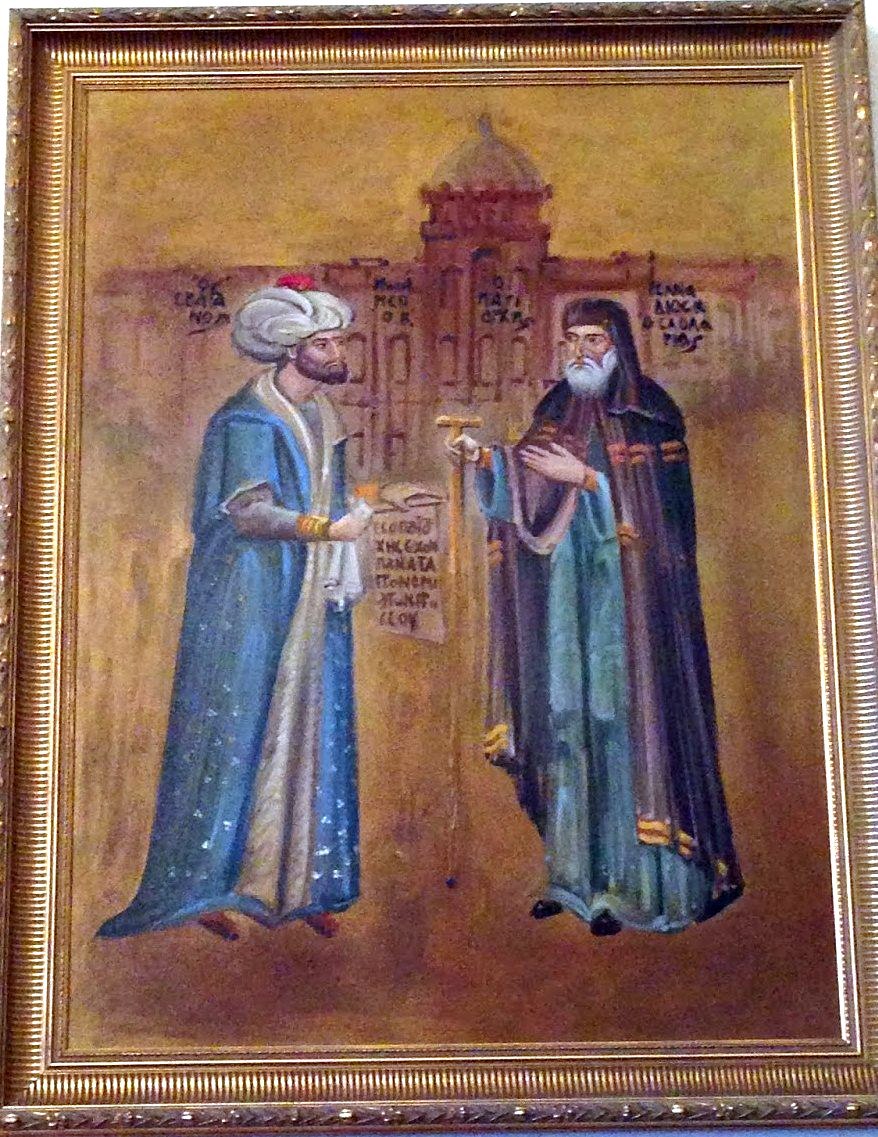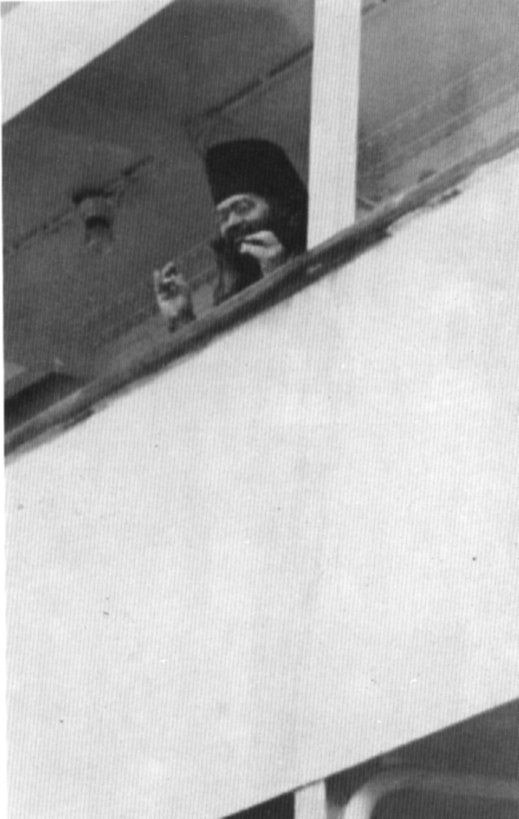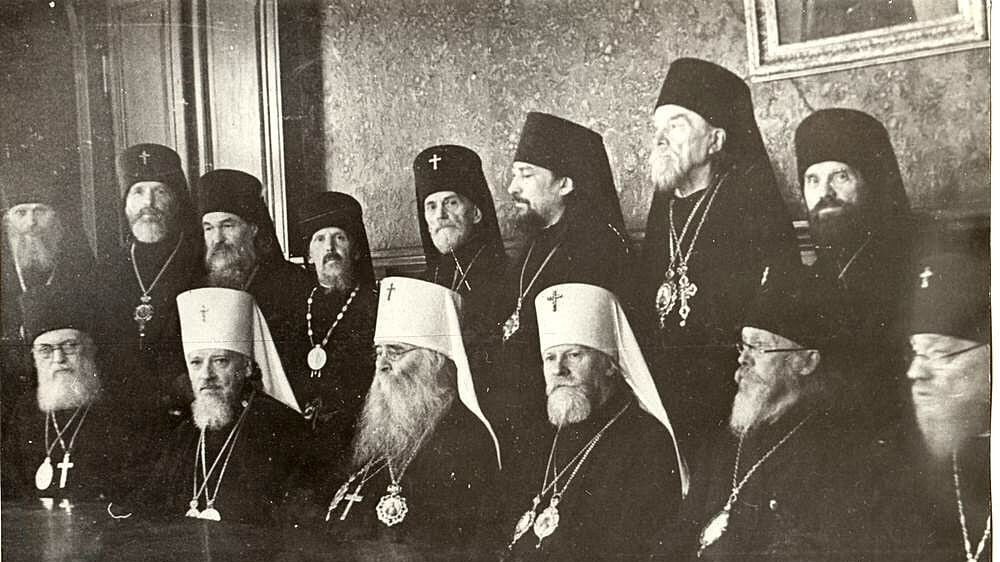Author: Matthew Namee
-
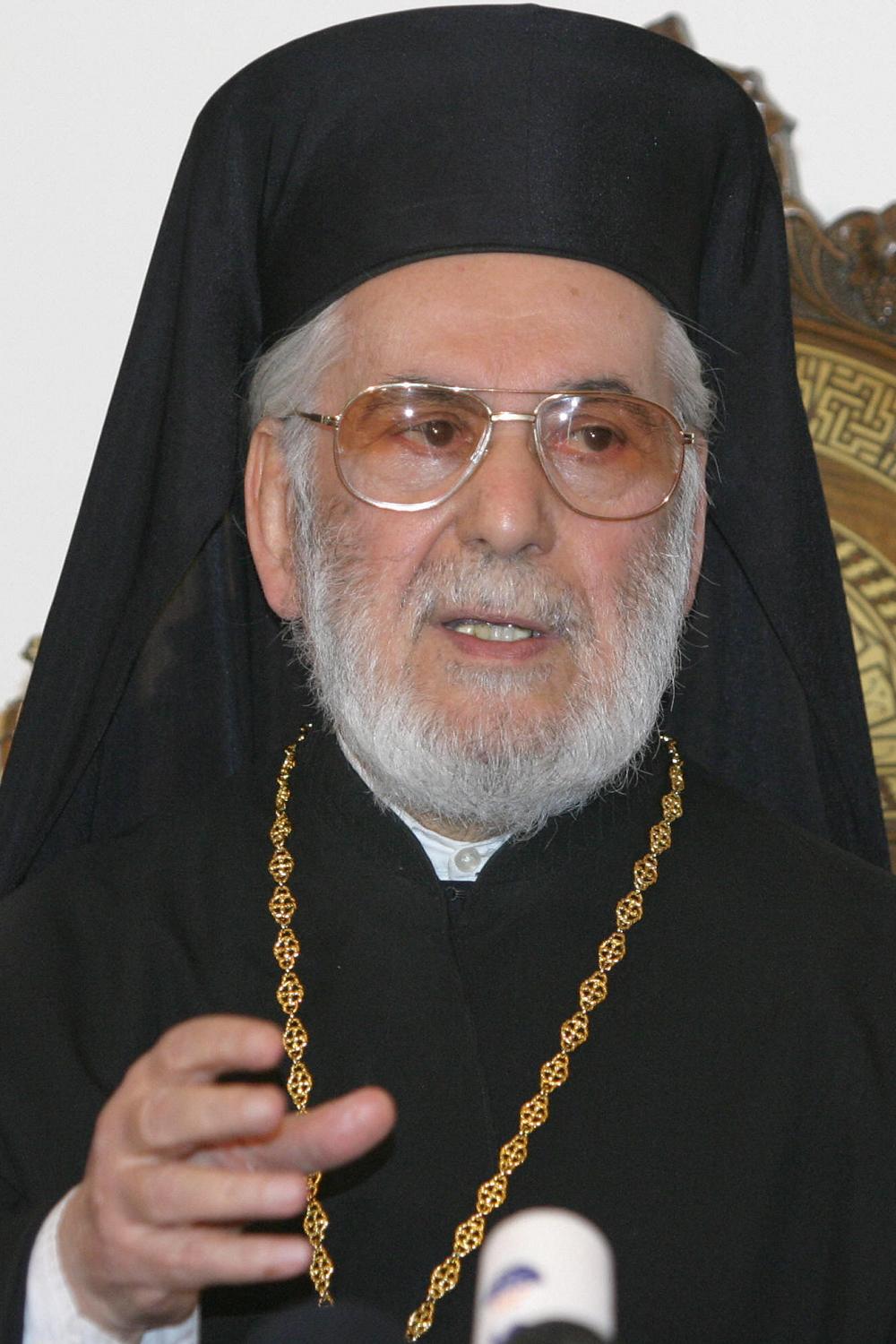
Non-Fasting Between Pascha and Ascension
In all but one of the world’s Orthodox Churches today, after a fast-free Bright Week, the Wednesday and Friday fasts resume. This happens even though we continue to exclaim “Christ is risen!” until Ascension,…
-
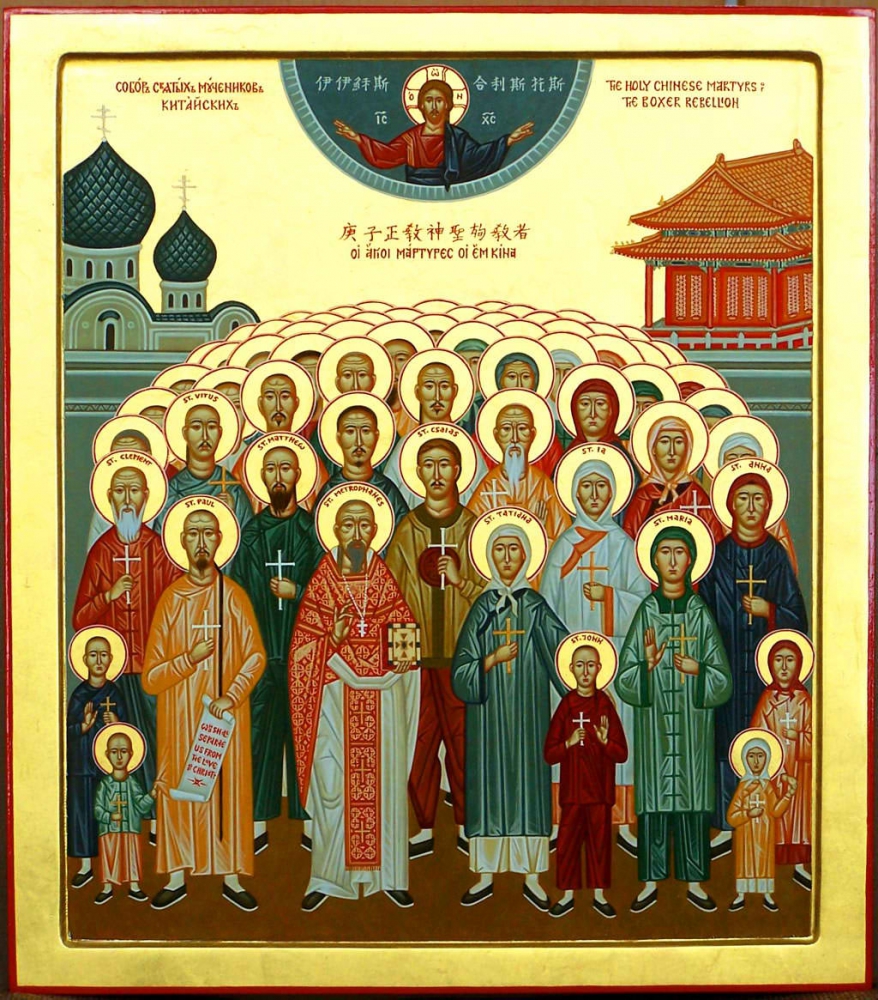
Chinese Orthodox Martyrs: A Firsthand Account of the Boxer Rebellion
The Boxer Rebellion was an anti-foreign, anti-Christian uprising in China at the turn of the twentieth century. Its victims included a group of Chinese Orthodox Christians, who were brutally martyred on June 11-12, 1900.…
-
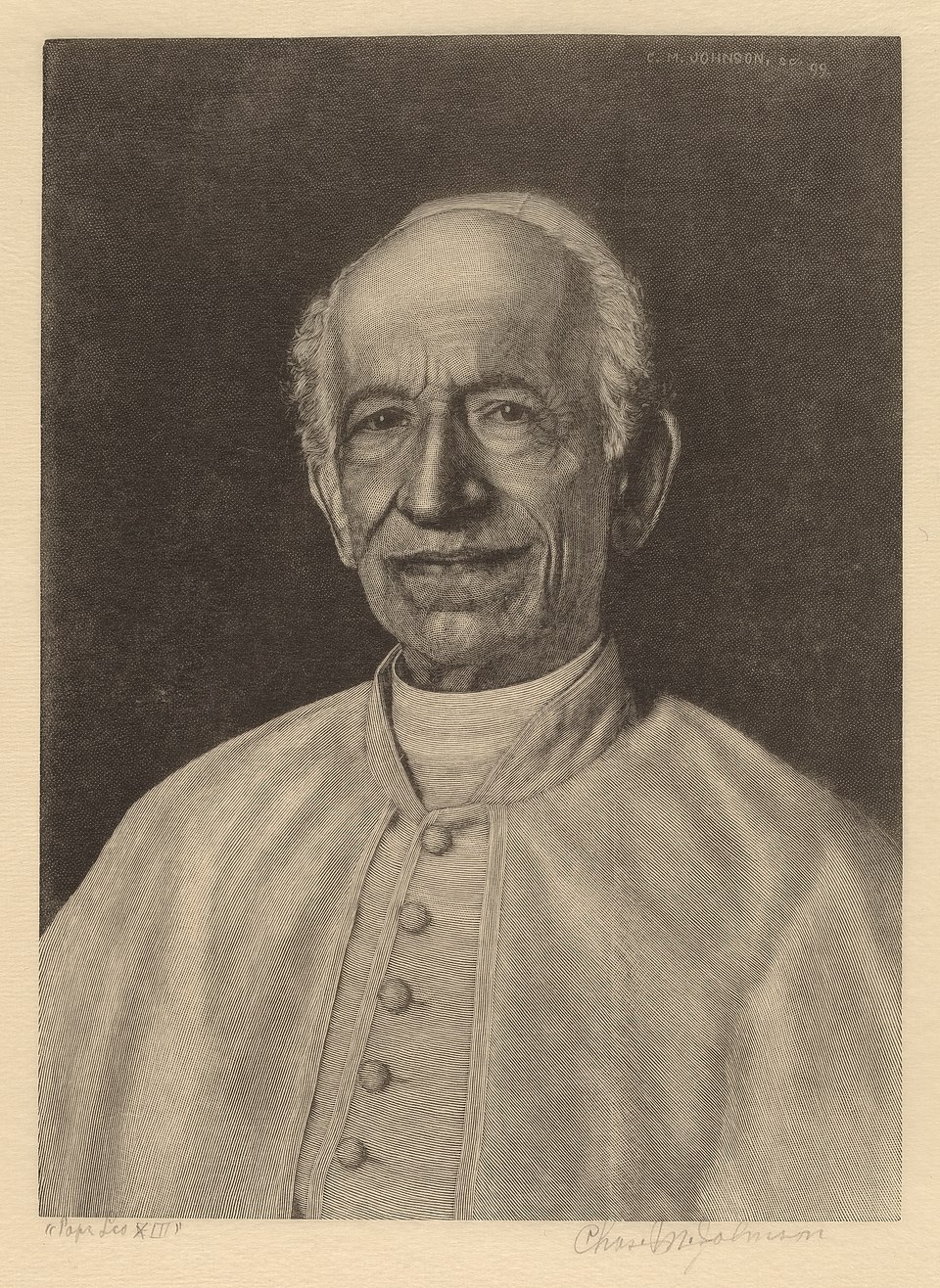
Pope Leo XIII’s Encyclical to Greece, and an Orthodox Response
The new Pope of Rome, Leo XIV, has made it clear that he chose his name in honor of his predecessor Leo XIII. This is especially interesting to me as an Orthodox historian, since…
-
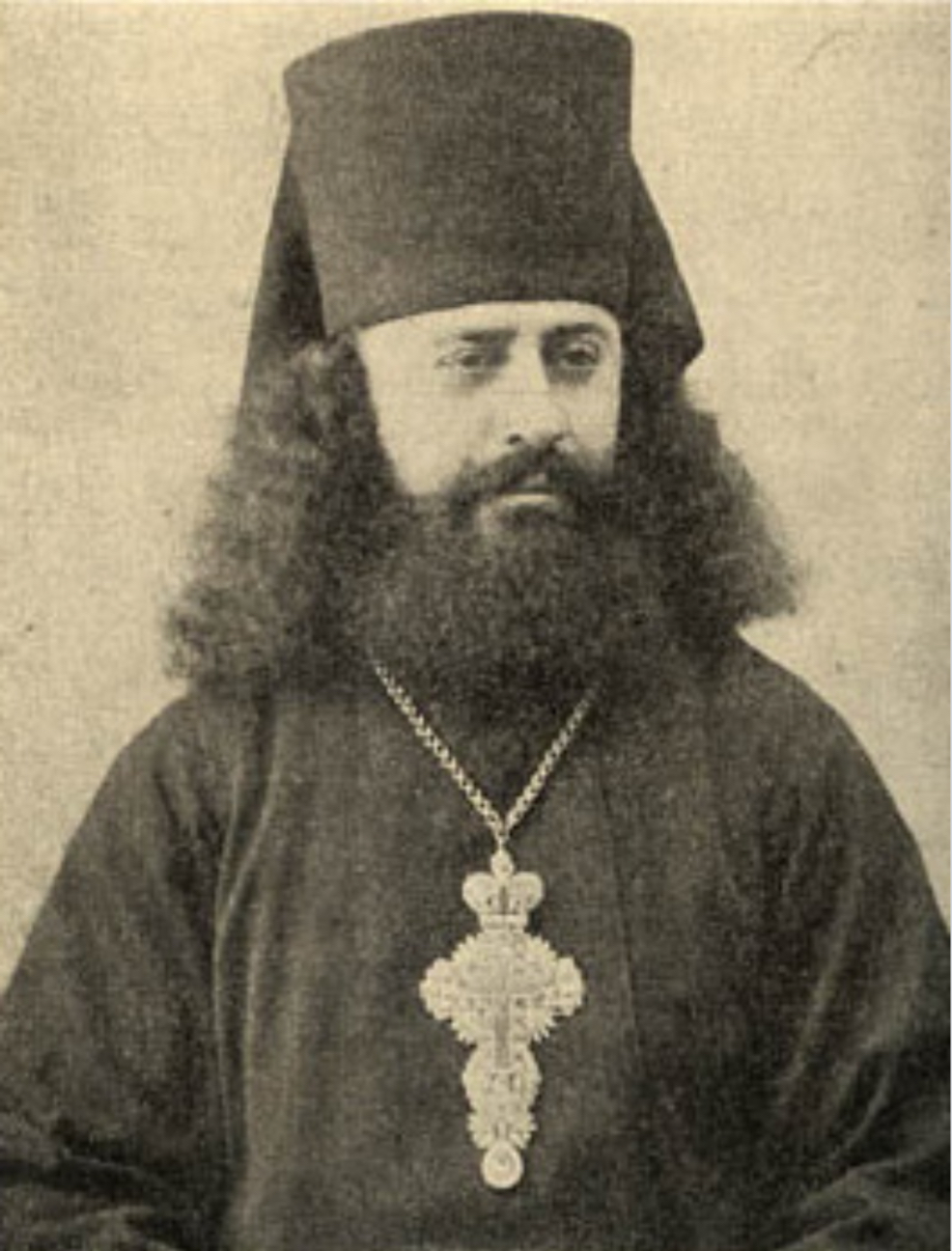
St Raphael Hawaweeny vs Pope Leo XIII
In 1894, Pope Leo XIII issued a papal encyclical on the “Eastern Rites” — that is, the Uniates, those groups who use traditional Orthodox liturgical rites but submit themselves to the Pope of Rome.…
-
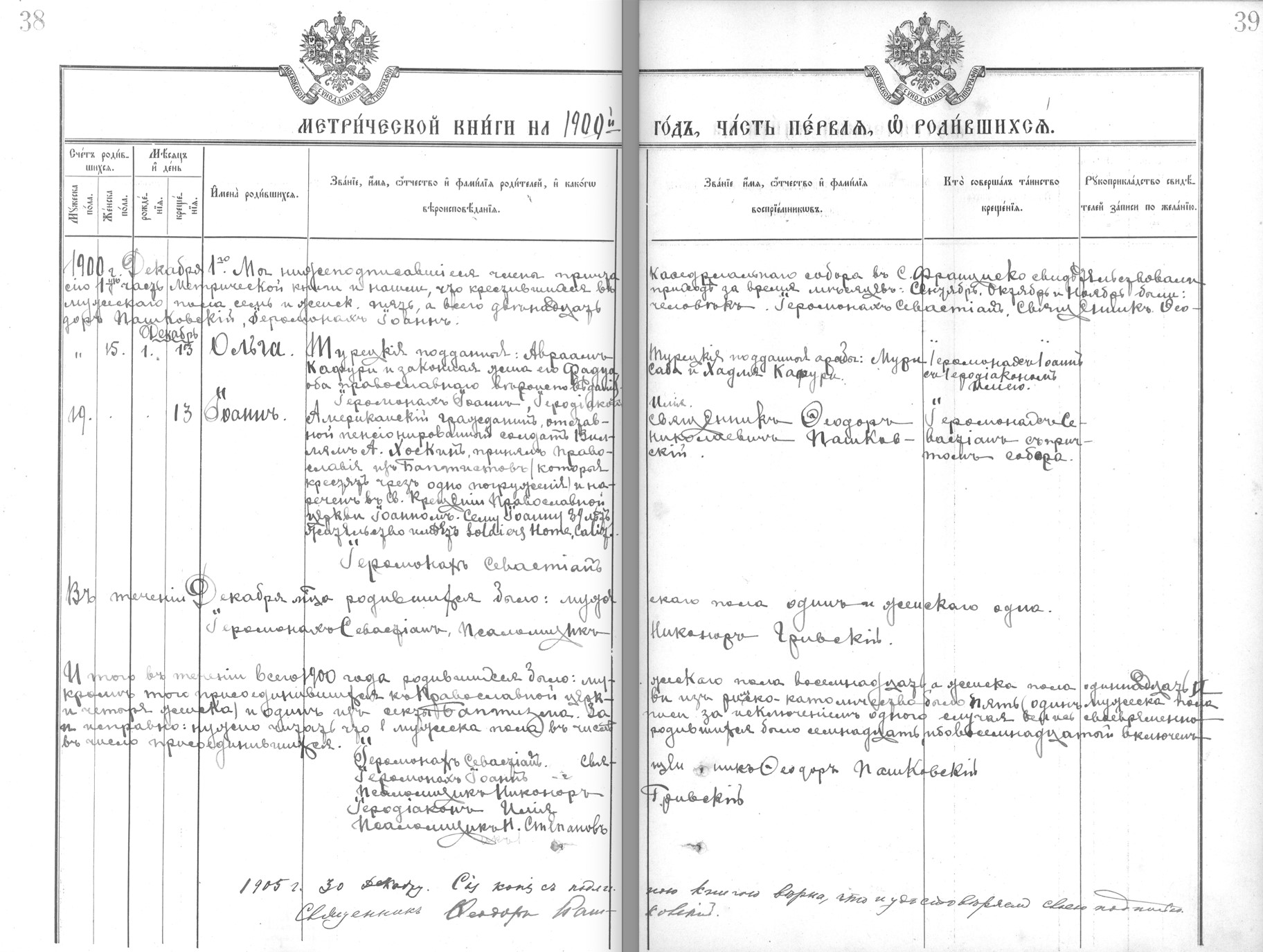
The Orthodox Baptism of a Civil War Veteran
Last week, we published the story of William Hoskins, an 89-year-old veteran of the American Civil War who traveled from Los Angeles to San Francisco in December 1900 to be baptized into the Orthodox…
-
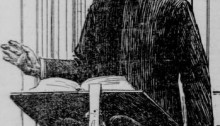
US Civil War Veteran Baptized by St Sebastian Dabovich
At the beginning of the twentieth century, the number of Orthodox in America had not reached 50,000, but it already had several distinguished converts to the Orthodox Faith from Protestantism and Roman Catholicism: William…
-
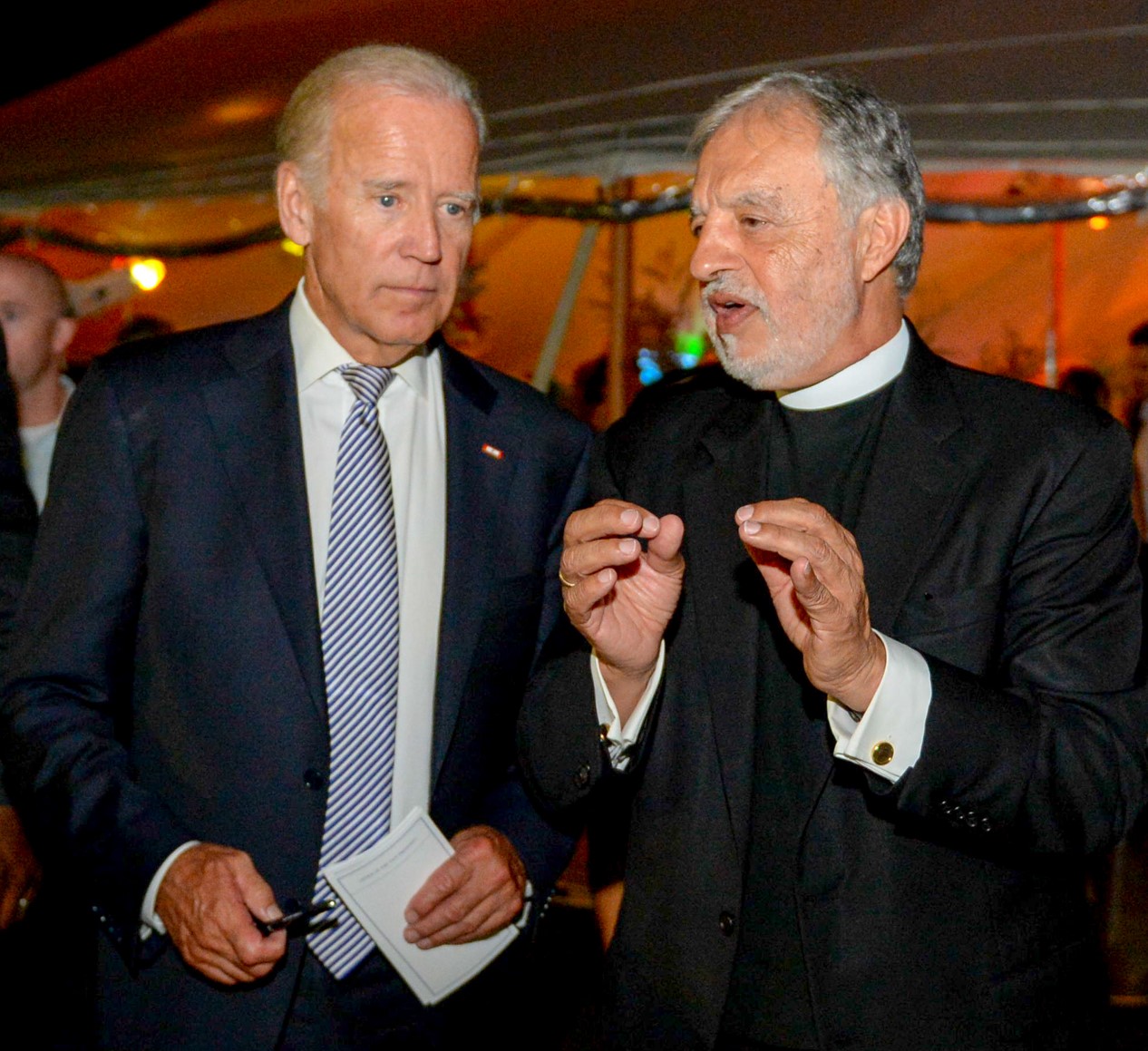
Karloutsos and Biden
This is the fifth article in our series on Fr Alex Karloutsos. Here are the first four: The Father Alex Karloutsos Origin Story Karloutsos and the Rise of Bartholomew Father Alex and the Mother…
